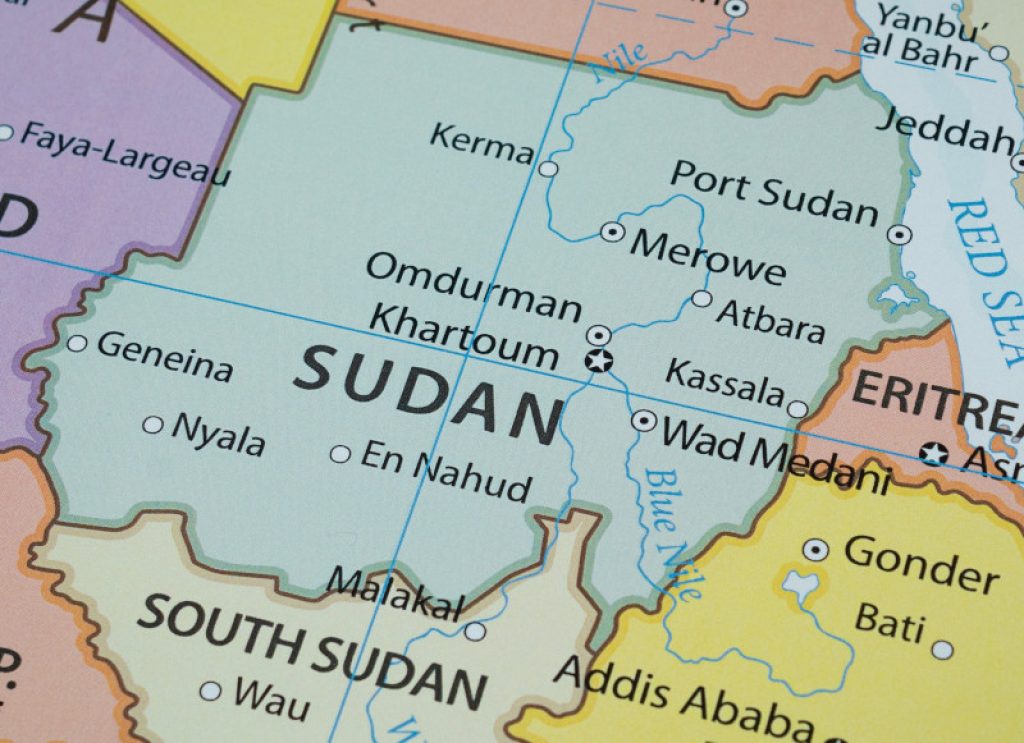
After more than 23 months of brutal civil war, the Sudanese Armed Forces (SAF) have retaken Sudan’s capital of Khartoum from the Rapid Support Forces (RSF), a paramilitary force largely comprised of Janjaweed militias that was previously allied with the government.
Since April 2023, Khartoum has been the epicenter of the power struggle between RSF leader Mohamed “Hemedti” Dagalo and SAF leader Abdel Fattah al Burhan. The two forces spiraled into open conflict over disagreements during a transition to civilian governance after the 2022 resignation of former Prime Minister Abdalla Hamdok and disputes over integrating the RSF into the SAF.
The battle for Khartoum hinged on its strategic bridges, which lay on three of the city’s flanks and have been critical to the RSF’s supply lines throughout the war.
By March 26, SAF statements claimed the Sudanese military had regained control of the Soba Bridge, which connects eastern and southern Khartoum. The SAF also claimed it recaptured the Manshiya Bridge, which connects the city’s East Nile neighborhoods with central Khartoum. On March 28, the SAF secured the Jebel Aulia Dam bridge. Located approximately 28 miles south of Khartoum, this strategic location was the last crossing in the city held by the RSF. It now provides Sudan’s army direct access to the Kordofan and Darfur regions.
In an effort to regroup, the RSF announced a “military alliance” with the Sudan People’s Liberation Movement-North, another rebel faction controlling portions of Sudan’s South Kordofan State and Blue Nile State close to the Ethiopian border.
Sudan now stands divided: The SAF controls the country’s north and east, while the RSF dominates the south and nearly all of the western region of Darfur.
The US imposed sanctions on Hemedti on January 7 after the State Department determined that the RSF “has perpetrated genocide in the Darfur region of Sudan during the course of the war.” State’s announcement detailed that the RSF and allied militias have “engaged in war crimes, crimes against humanity, and ethnic cleansing.”
US Treasury sanctions against Burhan came on January 16, detailing that the SAF engaged in “indiscriminate bombing of civilian infrastructure, attacks on schools, markets, and hospitals, and extrajudicial executions.”
The RSF’s defeat is one of several recent setbacks that have left the group on the defensive. Simultaneously, the militia and its allies have escalated attacks on civilians, with reports of sexual violence and summary executions.
Despite the RSF’s setbacks, Hemedti remains undeterred. On February 22, the RSF and allied political and armed groups signed a charter that seeks to consolidate control over large swaths of Sudan, including most of the Darfur region.
Days after the charter was signed, UN Security Council members expressed concern over the document. “Attempts by the RSF and aligned actors to establish a government in RSF-controlled territory in Sudan are unhelpful for the cause of peace and security in Sudan and risk a de facto partition of the country,” said US political coordinator John Kelley.
On March 20, Hemedti spoke in a Telegram audio message for the first time since losing Khartoum. He said his troops’ retreat was a tactical decision and vowed to return to the capital “stronger, more powerful and victorious.”







